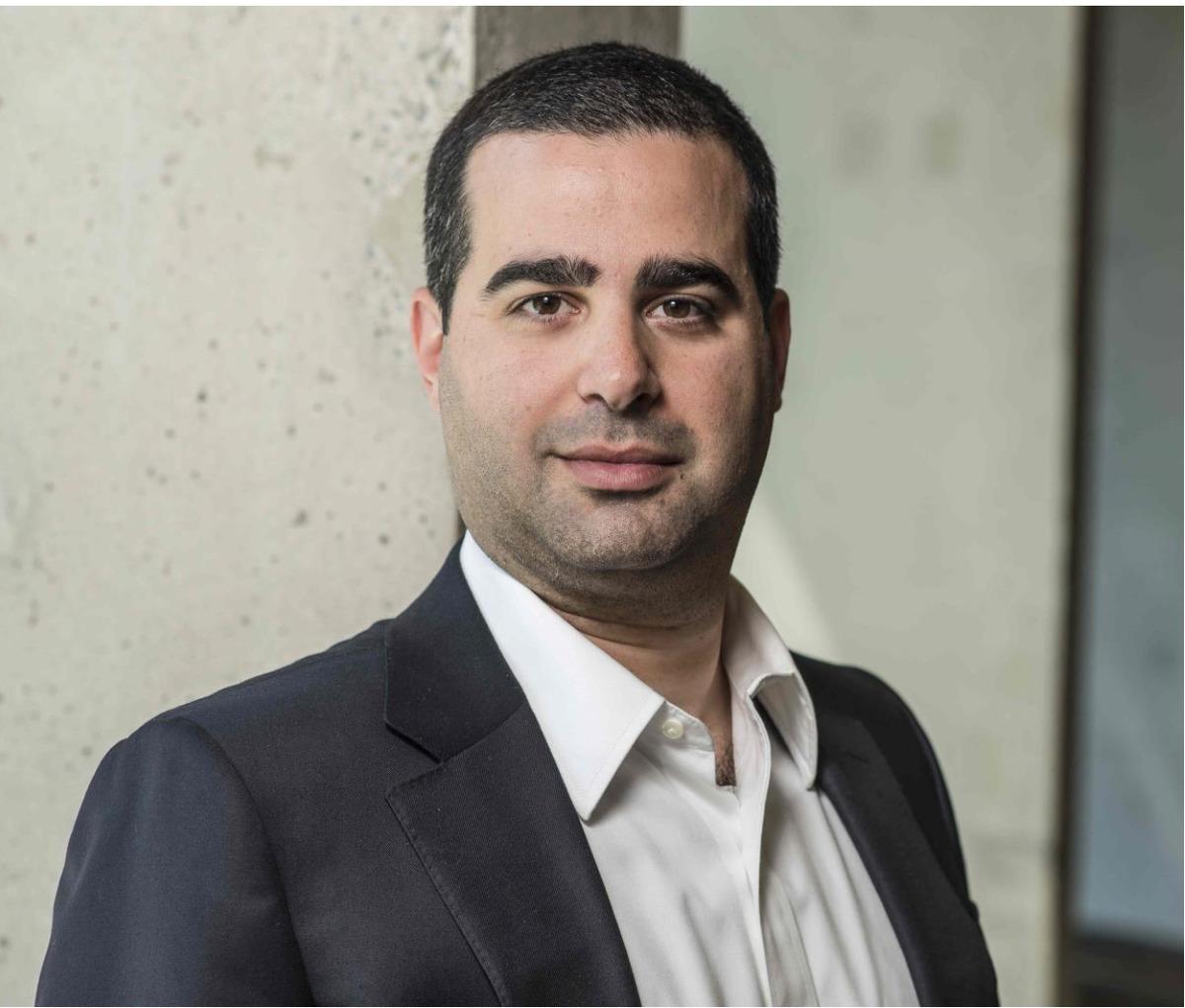Dr. Nir Lipsman
Neurosurgeon and Scientist
Neurosurgeon and Scientist, Sunnybrook Health Sciences Center
Nir Lipsman is a neurosurgeon and scientist at Sunnybrook Health Sciences Centre and an Assistant Professor of Surgery at the University of Toronto. He completed his undergraduate degree at the University of Toronto followed by a medical degree at Queen’s University, and a neurosurgical residency at the University of Toronto. During his residency, Dr. Lipsman completed his PhD investigating novel neuromodulation strategies in patients with treatment-resistant psychiatric and neurologic conditions. He is currently the Director of Sunnybrook’s Harquail Center for Neuromodulation, and the Clinical Director of Sunnybrook’s Focused Ultrasound Centre of Excellence.
Dr. Lipsman has helped develop several clinical trials of MR-guided focused ultrasound (FUS) in novel indications, including among the world’s first experience of FUS in essential tremor, obsessive-compulsive disorder, major depression and chronic pain, as well as the first randomized control trial of FUS in tremor. He has led the world’s first application of FUS-mediated blood brain barrier (BBB) opening in Alzheimer’s Disease, and helped develop the first applications in primary and secondary brain tumors and ALS. He has published over 80 peer-reviewed papers and book chapters, including in The Lancet, Lancet Neurology, Lancet Psychiatry, New England Journal of Medicine, and Neuron.
Learn more about Dr. Lipsman
How did you become interested in MS research? What inspires you to continue advancing research in this field?
As a stereotactic and functional neurosurgeon, a large part of my clinical practice is seeing patients with treatment resistant movement disorders, such as Essential Tremor. Tremor is an important, common, and very challenging symptom, in MS, that is often resistant to medical treatment. By developing therapies that can safely reduce the tremor, we are hoping to make a significant impact on the quality of life of MS patients.
What do you enjoy most about doing research and what are some of the challenges you face?
Research is among the most rewarding things we do as clinicians. Collaborating closely with colleagues across many disciplines, working together on a common goal to develop and deliver safer and more effective treatment strategies is what sustains us through the highs and lows of clinical research. By far the most enjoyable and rewarding aspect is interacting with patients and their families, hearing their stories, sharing their experiences, and seeing first hand how they could potentially benefit from the latest that technology and science has to offer.
Describe the importance and level of collaboration in your research?
Collaboration is the arguably the most important aspect of our work. Although we are investigating a new tool for the non-invasive treatment of MS tremor, the procedure itself is one aspect of the trial. As important, is selecting the right patients, investigating their tremor, coordinating the trial, ensuring technical safety of the procedure, and following patients afterwards for several months and years. This requires close collaboration between MS neurology, neurosurgery neuro-radiology, medical physics, biomedical engineering, imaging technicians, research nurses and clinical coordinators. It truly takes a large and dedicated team to launch a trial, and ensure that patients are safely and effectively looked after.
How important is the support from the MS Society in enabling you to conduct research?
Support from the MS Society is critical for our research. We are investigating a novel medical device for non-invasive treatment of MS-related tremor, and early phase trials are, in general, very difficult to fund. MS Society funds will go to important clinical trial support, allowing us to organize, coordinate, and run this trial, to recruit the patients we need, and to analyze the results as effectively as possible.
